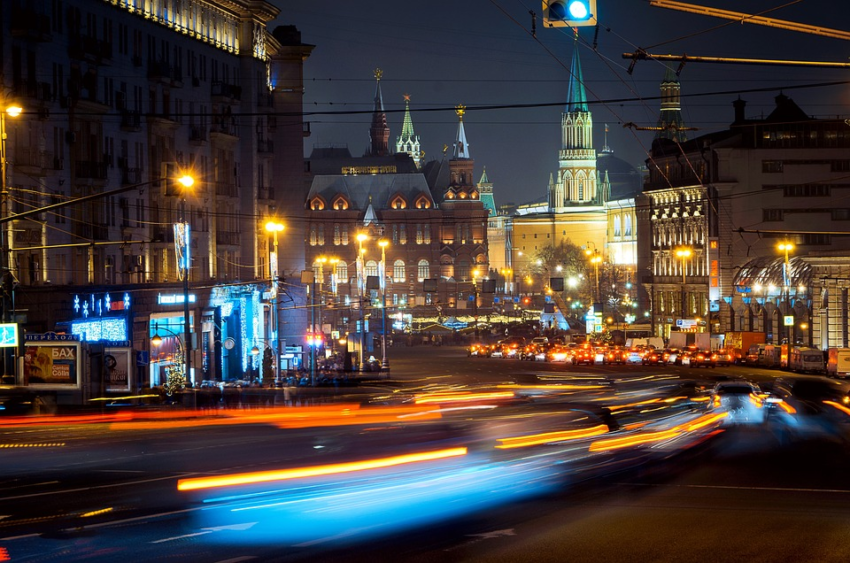| Listen to our audio presentation: History of the United States Constitution |
A devastating attack occurred at Moscow’s Crocus City Hall, resulting in at least 60 fatalities and 145 injuries. Gunmen, associated with the ISIL’s Afghan branch, ISIS-K, stormed the concert venue, unleashing violence and chaos. This article delves into the details of the attack, the background of ISIS-K, and the international reaction to this tragic incident.
In a shocking act of violence, Moscow’s Crocus City Hall became the site of a deadly attack, claiming the lives of at least 60 individuals and injuring more than 145. The assault unfolded on a Friday night, casting a shadow over Russia’s capital. ISIS-K, an Afghan branch of the Islamic State group, asserted responsibility for this heinous act.
Eyewitness reports describe a scene of terror as five gunmen, clad in camouflage and armed with automatic weapons, infiltrated the concert hall. The attackers fired indiscriminately at the attendees, set off explosives, and ignited a fire that rapidly engulfed the venue. The panic-stricken crowd scrambled towards emergency exits, leading to a crush that exacerbated the tragedy.
The assault has stirred a strong international response, with various nations and organizations condemning the act. Russian authorities have launched a “terrorist” investigation, while President Vladimir Putin, who was promptly informed, has yet to make a public statement. The global community, including the United Nations and the European Union, has expressed solidarity with Russia, denouncing the attack as a heinous crime.
ISIS-K, known for its brutal tactics and previous attacks in Afghanistan and surrounding regions, has a contentious history with Russia. The group’s anti-Russian stance, fueled by grievances against Moscow’s policies, notably in Syria, has led to this dramatic escalation of violence. The presence of Central Asian fighters within ISIS-K’s ranks further complicates the group’s motivations and its vendetta against Russia.
The aftermath of the attack has seen a concerted effort to aid the injured and assess the extensive damage. The Russian government has pledged to support the victims, and security measures are being scrutinized in the wake of this and other recent threats.
The Islamic State in Khorasan Province (ISIS-K) emerged in Afghanistan around 2014, gaining notoriety for its ruthless actions and intent on establishing its version of an Islamic caliphate. This group has targeted various countries, including attacks in Afghanistan, Pakistan, and now Russia, underlining its global threat. The Moscow attack signifies a significant expansion of ISIS-K’s operations, reflecting its ongoing hostility towards Russia, primarily due to Russia’s military involvement in Syria and perceived oppression of Muslims.

